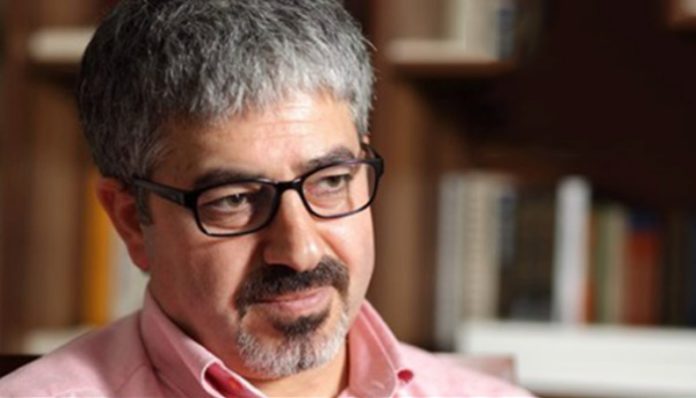The new Turkey |
|---|
01-Aug-2019 16:27 |
Journalist Mehmet Gündem handed down 6-year jail sentenceCourt sentences Gündem to 6 years, 10 months and 15 days for “membership in a terrorist organization” and releases him from prison after 21 months in pre-trial detention CANSU PİŞKİN, İSTANBUL The final hearing of the trial where imprisoned journalist Mehmet Gündem faced the charge of “membership in a terrorist organization” was held on 9 July 2019 at the 35th High Criminal Court of Istanbul. P24 monitored the hearing. Accompanied by gendarmerie, Gündem was brought to the courtroom from Silivri Prison. His lawyers were in attendance and his family followed the hearing. The presiding judge announced that the court had received the digital forensics report. The prosecutor reiterated his previous final opinion. Gündem’s lawyer Mecit Ceylan addressed the court and said: “There is no evidence in the digital forensic report that constitutes crime. You can change the final opinion.” The prosecutor requested Gündem to remain imprisoned. Addressing the court for his final defense statement, Gündem said: “I have been imprisoned for 21 months. I am accused of terrorism. This is a very heavy accusation. I haven’t been charged before for anything except for traffic violations. While imprisoned I lost my father. I wasn’t allowed to go to his funeral. In May the Constitutional Court found rights violations in the applications of some journalists. Law does not run according to persons, it runs according to principles. Truth is true for everyone.” Gündem’s lawyer Ömer Faik Çetiner said: “It is clear that my client having a Bank Asya account does not imply he has links to terrorism. It has been determined in the forensic report that he did not use [the encrypted messaging app] ByLock. There is no evidence to suggest he committed the crimes he is accused of.” Two other lawyers representing Gündem also asked the court to acquit and release the journalist, adding that his lengthy pre-trial detention has turned into a punishment. Asked for his final words before the verdict, Gündem said: “I wrote four books in prison. My job is to write. But imprisonment for such a long time is enough. I trust justice, reason and conscience.” Announcing its verdict after a brief recess, the court convicted Gündem of “membership in a terrorist organization” and sentenced him to 6 years 10 months and 15 days in prison. The court also ruled to release Gündem pending the appeal process.
Mehmet Gündem ordered to remain in pre-trial detention
|
 A Turkish court ruled on Tuesday for a continuation of the pretrial detention of veteran Turkish journalist Mehmet Gündem, who was arrested on Nov. 1, 2017 on terrorism charges stemming from his alleged links to the Gülen movement.
A Turkish court ruled on Tuesday for a continuation of the pretrial detention of veteran Turkish journalist Mehmet Gündem, who was arrested on Nov. 1, 2017 on terrorism charges stemming from his alleged links to the Gülen movement. Former Milliyet columnist Mehmet Gündem will remain in prison pending trial until the next hearing on 30 October
Former Milliyet columnist Mehmet Gündem will remain in prison pending trial until the next hearing on 30 October




